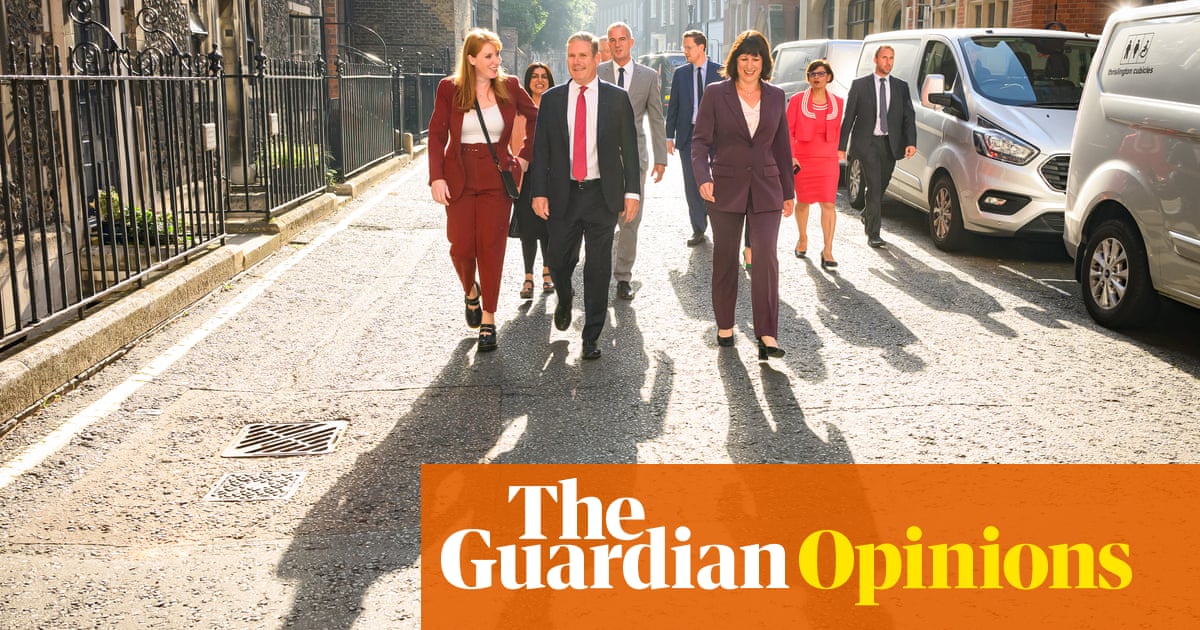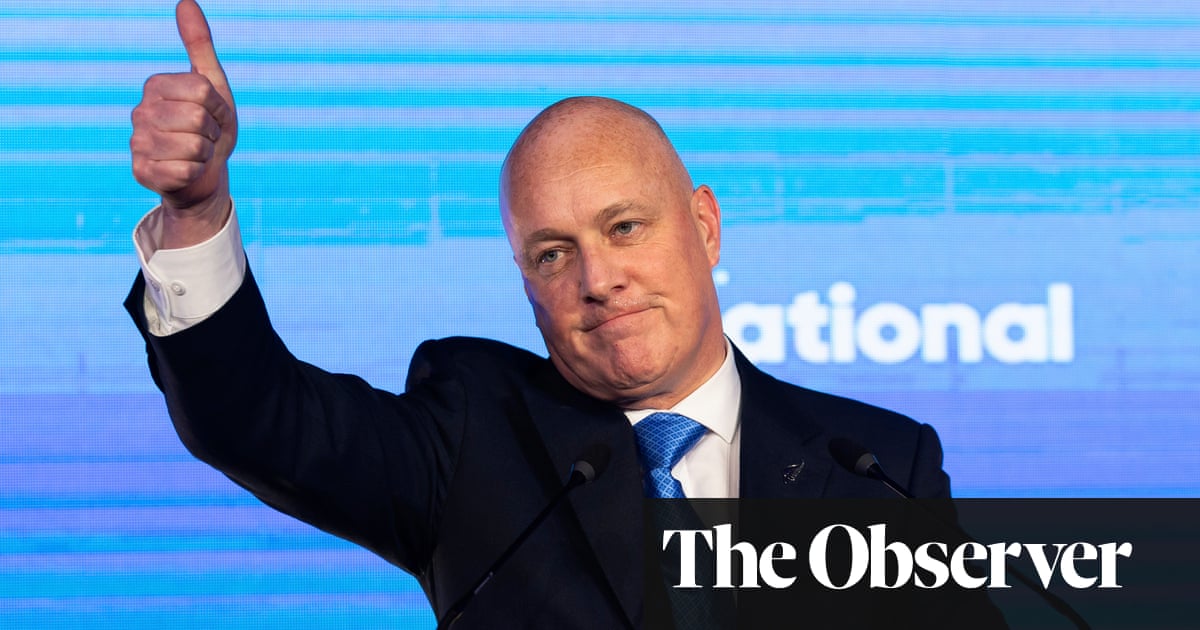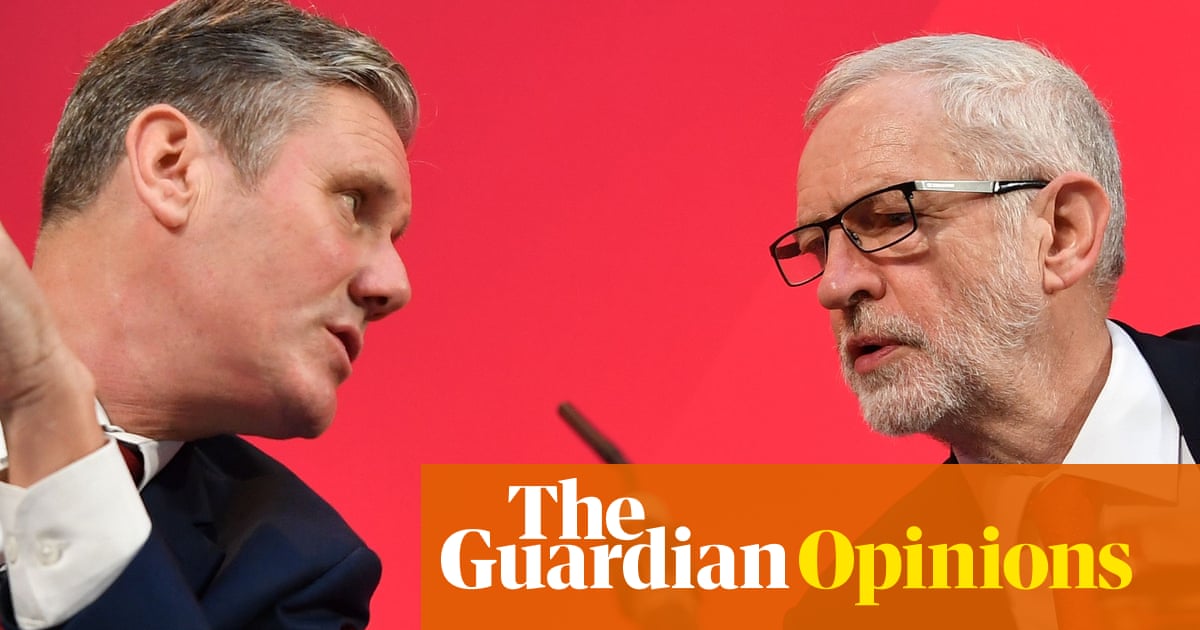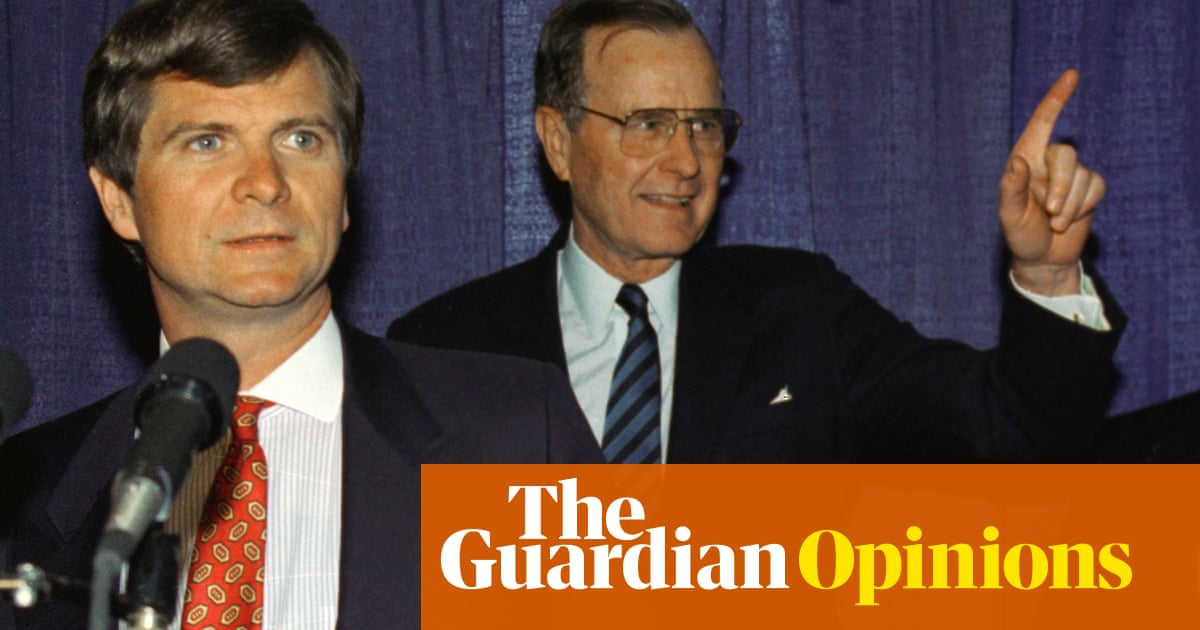
This autumn, more than ever, British politics is a waiting game. Waiting for the Tory and Labour party conferences. Waiting for possibly pivotal byelections. Waiting to see if Labour’s large but not wholly convincing poll lead will crumble, and whether the Tories or Lib Dems will take advantage. And above all, waiting for the general election and what sort of government comes afterwards.
These are the current preoccupations of many journalists, politicians and party strategists, and of those voters who pay regular attention to politics. Yet there is also another form of waiting going on in Westminster and beyond, which is less conscious and focused but more profound. People are waiting to see if the form of politics that both main parties have been following since the mid-80s, with only a few significant interruptions, is about to be replaced by one better equipped to deal with the deep crisis in which Britain finds itself.
The ruling orthodoxy can be fairly easily summarised. For Tory leaders from Margaret Thatcher to David Cameron to Rishi Sunak, and Labour ones from Neil Kinnock to Tony Blair to Keir Starmer, the default manoeuvre, especially in the run-up to a general election, has been to move rightwards. The support of swing voters, assumed to be conservative on many issues, must be secured at all costs. The approval of the rightwing press must be strenuously earned. And business elites must be reassured that their privileges will not be threatened, but maintained or reinforced.
This approach to politics is often presented – by the centre-left as well as the right – as realistic rather than ideological: as going with the grain of Britain’s electoral, economic and media systems. Thus Labour’s recent promise not to introduce a wealth tax or the Conservatives’ endlessly escalating war on refugees are seen as politically rational.
But in a bigger sense such policies are not rational at all. After several extraordinarily prosperous decades for the wealthy, they could afford to pay a lot more tax, and our public services could really do with that money. Despite Suella Braverman’s threats and clampdowns, the small boats keep coming. Decades of rightwing policies have failed to make Britain a more dynamic, orderly country, as promised. Yet the two main parties seem as addicted to them as ever.
Such policies are designed for a conservative society that may now be disappearing. According to the new edition of the authoritative British Social Attitudes survey, “the public are as leftwing in their outlook as they have been at any time since 1986”. Rising inequality, the cost of living crisis, the long aftermath of the financial crisis, the decay of public services and strikes provoked by persistent low wages have all shifted attitudes sharply leftwards. More than half the population now believe that governments should control prices and reduce income differences between rich and poor, a proportion that has more than doubled since 2006.
The self-styled political realists of the right and centre-left can point out that such changes have not been reflected in general elections. To which the response ought to be: not yet. The collapse of the Conservative vote that looks likely at the next election will give a more up-to-date sense of the credibility of rightwing political, economic and social thinking in Britain.
If Labour wins, having presented itself as the party of business, spending restraint and law and order, then it may appear as if one rightwing government has simply been replaced by another, slightly less rightwing one. Yet given the depth of many voters’ disillusionment with the status quo, and the state of public services, a Starmer premiership that only offers more of the same unpalatable post-Thatcher remedies may not be sustainable for long.
There are intermittent signs that at least some of the shadow cabinet realise this. In recent weeks, Ed Miliband’s defence of Labour’s still relatively bold climate strategy, Angela Rayner’s promise of “a new deal for working people”, and Starmer’s surprisingly frank declaration that Labour “don’t want to diverge” from the EU on “environmental standards, standards for people that work, food standards and all the rest” have suggested that there are limits to how far the party will follow the Tories rightwards. It’s just possible that from such principles a new kind of Labour government could be constructed: less deferential to the right and more confident about standing up for centre-left values and interests.
Then again, the current unpopularity in the US of Joe Biden’s administration, which is just such a centre-left project, and has had major legislative successes, shows the difficulty of remaking social democracy in a time of cynicism and crisis. Just because many voters have had enough of rightwing parties and policies, for the time being at least, does not mean that they will appreciate, or necessarily even notice, the achievements of busy governments of the centre-left. Like Biden, Starmer may govern in a volatile climate of high expectations, scepticism and general impatience.
Meanwhile, the Conservative party could reinvent itself once again. Powerful forces will seemingly always support it, whatever direction it takes. To an extent, its latest transformation is already under way. Throughout Sunak’s brief and underwhelming leadership, schemes to replace him after a general election defeat – or even before the election – have been evident wherever discontented Tories meet, in person, online or in print. Braverman’s attention-seeking speeches are only the most blatant example of this.
Right now, with the home secretary and her party held in such widespread contempt, it’s hard to envisage a rapid Conservative comeback. Nor is there much sign, yet, of the fresh Tory thinking that such revivals usually need. So the first attempt at creating the new kind of politics that many Britons are waiting, even yearning, for is likely to be made by a Starmer government.
But that change will need to begin quickly, while enough voters still give him the benefit of the doubt, and be presented much more appealingly than he has managed so far. Otherwise, his tenure may leave little trace. And then the right will get the chance to define Britain’s next political era, as it has defined so many before.
Andy Beckett is a Guardian columnist












